When it comes to home modernisation projects, a concrete driveway is often one of the most popular choices for homeowners in Australia. Not only does it provide a durable and long-lasting surface for vehicles to drive on, but it can also enhance the overall curb appeal of a property.
However, the cost is one of the most important factors to consider before starting a concrete slab or driveway project. This article will discuss how much a concrete driveway costs in Australia and the various factors that can impact the cost of a concrete driveway.
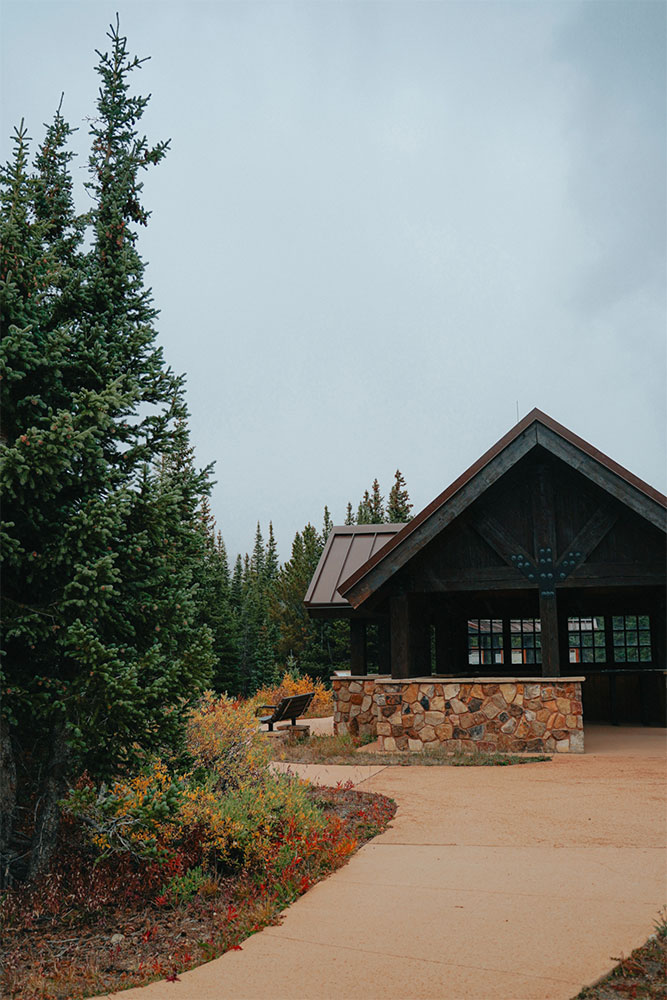

Table Of Content
- Factors that Affect a Concrete Driveway Cost
- Size of the Driveway project
- Site Preparation
- Type of Concrete
- The Thickness of the Concrete
- Labour Cost
- Finishing Options
- How to Style a Driveway
- How much is an exposed aggregate driveway?
- Call for the best concreting services in australia
- FAQs
Factors that Affect a Concrete Driveway Cost
Size of the Driveway Project
The size of the driveway is one of the most crucial factors that can affect the cost of a concrete driveway. Naturally, the larger the area to be covered, the more expensive it will be. The amount of concrete required for a driveway is usually calculated in a square metre, so the cost of the concrete will increase as per the increase in the size of the driveway per square metre.
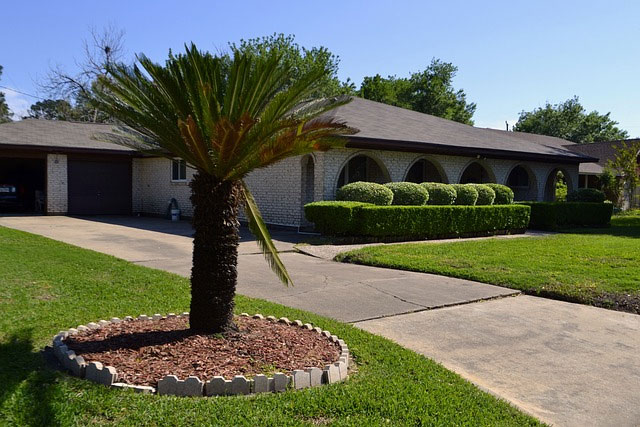

Site Preparation
Before starting work on your new driveway, the site must be prepared appropriately. This preparation work includes removing any existing driveway or existing concrete obstacles, grading the site to ensure proper drainage, and compacting the soil.
Depending on the condition of the site and the amount of work required, the cost of site preparation can vary significantly.
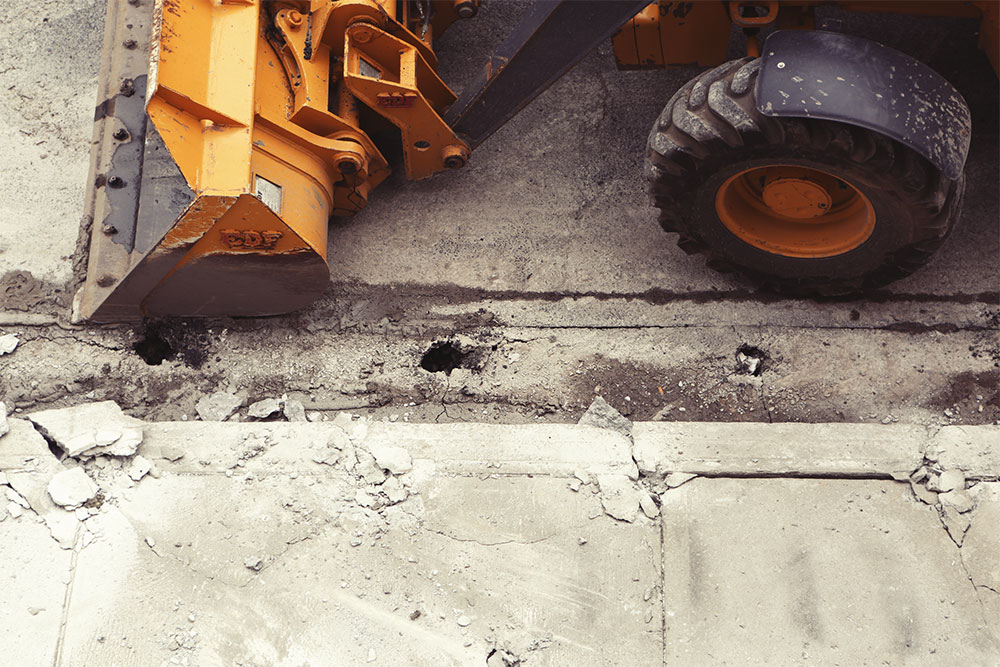

Type Of Concrete
The type of concrete used for a driveway can also impact the cost. Some types of concrete mix are more expensive than others, and the price can vary based on factors such as the concrete’s strength slab thickness, the finish level, and any additives or coloured concrete used. Plain concrete would be comparatively cheaper than the other mixes.
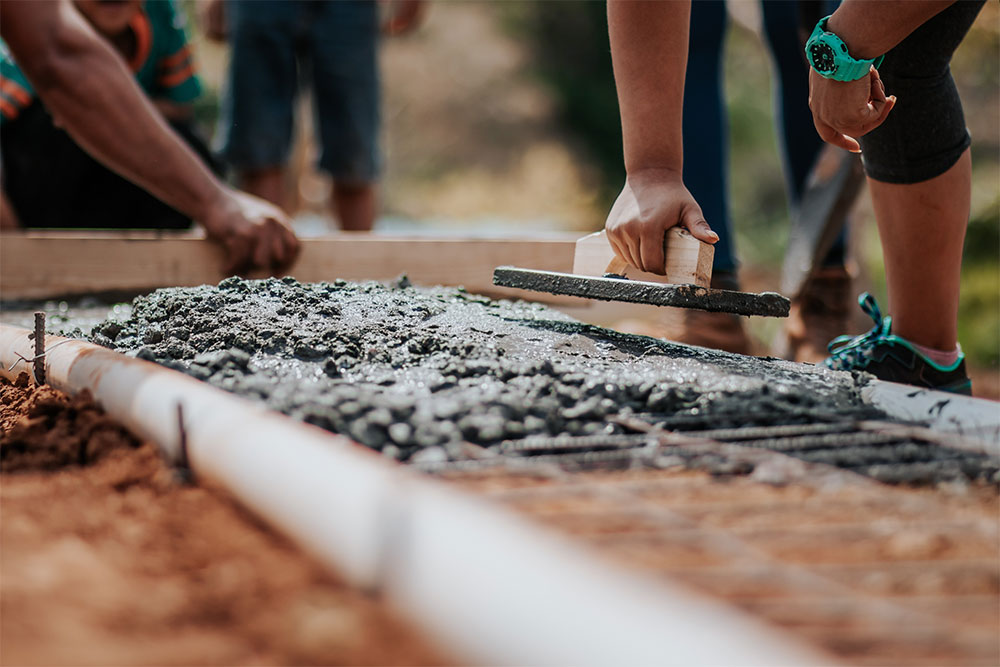

The Thickness of the Concrete
The thickness of the concrete also plays a role in the cost of a driveway. The thicker the concrete, the more expensive it will be. The thickness of the concrete required for a driveway depends on factors such as the weight of the vehicles using the driveway, the soil type, and the local climate. Hence, it is essential to make a note of how many cars will be parked and if they are heavy and oversized vehicles.
Labour Costs
The cost of labour is also a significant factor to consider regarding the overall cost of a concrete driveway. The labour cost can vary depending on factors such as the contractor’s experience and expertise, the project’s location, and the job’s complexity.
Finishing Options
There are several finishing options available for concrete driveways that can impact the overall cost. Some popular finishing options include concrete stamping, colouring, and sealing. These finishing options can add an aesthetic appeal to the driveway but can also increase the full cost significantly.
How To Style A Driveway?
The typical plain grey concrete colour that is frequently used for driveways isn’t what many Australian homeowners are looking for with existing driveways.
There are numerous approaches like stamped concrete, decorative concrete and the natural stone you can use for your new concrete driveway.
Spray on concrete is another choice. Although it will outlast concrete paint, this will cost $50 to $75 per square metre.
How Much Is An Exposed Aggregate Driveway?
Aggregate concrete, sometimes called pebblecrete, is also a preferred driveway surface option. It’s available in various colours and gives your automobile good traction, making it ideal for slippery conditions and sloped driveways.
Driveways made of exposed aggregate concrete range in price from $100 per square metre to $150 per square metre. The type and quality of aggregate you select will affect the cost. The price of the concrete for the slab and any other costs must also be considered.
Call For The Best Concreting Services In Australia
A concrete driveway is a popular and durable option for homeowners here in Australia. The cost of building a concrete driveway can vary based on several factors, including the size of the driveway, site preparation, type of driveway materials made of concrete, the thickness of the concrete, labour costs, and finishing options.
However, homeowners can make informed decisions and plan accordingly for their concrete driveway project by understanding the cost breakdown and the factors that affect the cost. Ultimately, a well-constructed concrete driveway not only provides a practical and long-lasting solution but also adds value and enhances the overall aesthetic of a property.
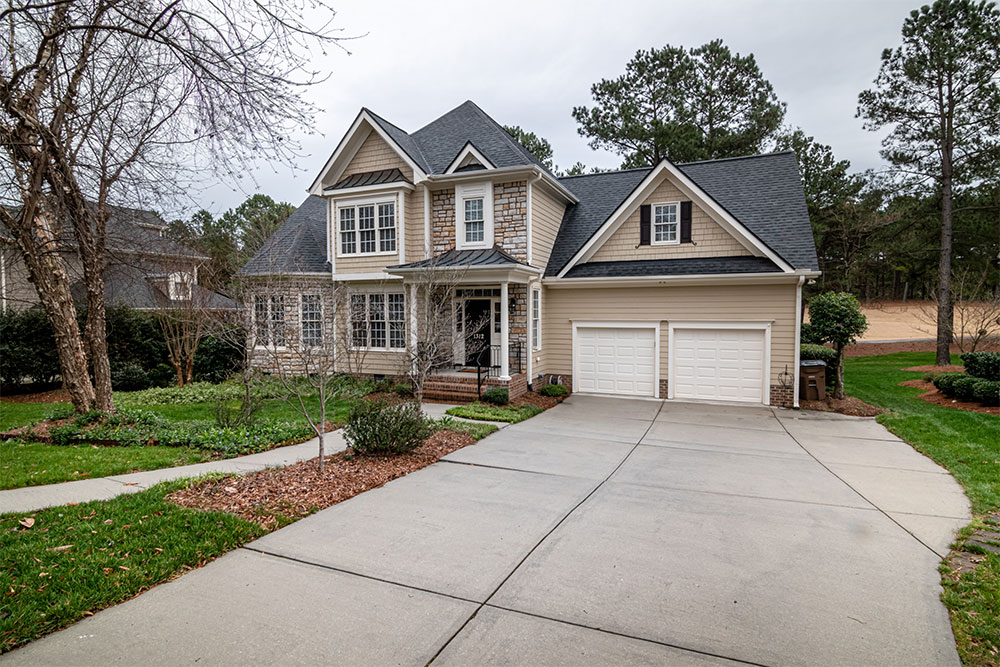

Once you have decided to renovate your existing concrete driveway, there are a few factors to consider. These factors influence the cost per square metre you will incur.
In such a situation, contacting the professionals like the team here at Skyco Group is always the best decision. Get your concrete driveway resurfacing completed by Skyco Group. We are the leading professional concrete driveway installation group in Melbourne.
As a team, we possess vast experience in operating heavy machinery, on-site inspection, understanding and resolving surface defects and adding the best possible landscaping features. Contact us and avail a free quote for your concrete driveway.
FAQs
Q1: How expensive is it to pour concrete driveways?
Ans: The cost of pouring a concrete driveway can vary depending on factors such as size, site preparation, type and thickness of concrete, labour costs, and finishing options.
On average, in Australia, a standard 40-square-meter driveway concrete can cost between $4000 to $7000 for basic concrete, with additional costs for finishing options.
However, it is essential to invest in a high-quality, professionally installed concrete driveway for durability and increased property value.
Q2: What is the Australian standard concrete driveway?
Ans: The Australian Standard for concrete driveways is outlined in AS 3727:2016. It specifies the minimum thickness, width, and reinforcement requirements for concrete driveways, as well as guidelines for excavation, subgrade preparation, and finishing.
The minimum thickness for a residential concrete driveway is 100mm, with a recommended width of 3.5m for a single-car driveway and 5.5m for a double-car driveway.
The concrete should have a minimum compressive strength of 25 MPa after 28 days and be reinforced with steel mesh or rebar. It’s recommended to consult with a professional to ensure compliance with all required standards and regulations.
Published Date : March, 22 2023
Author information...

